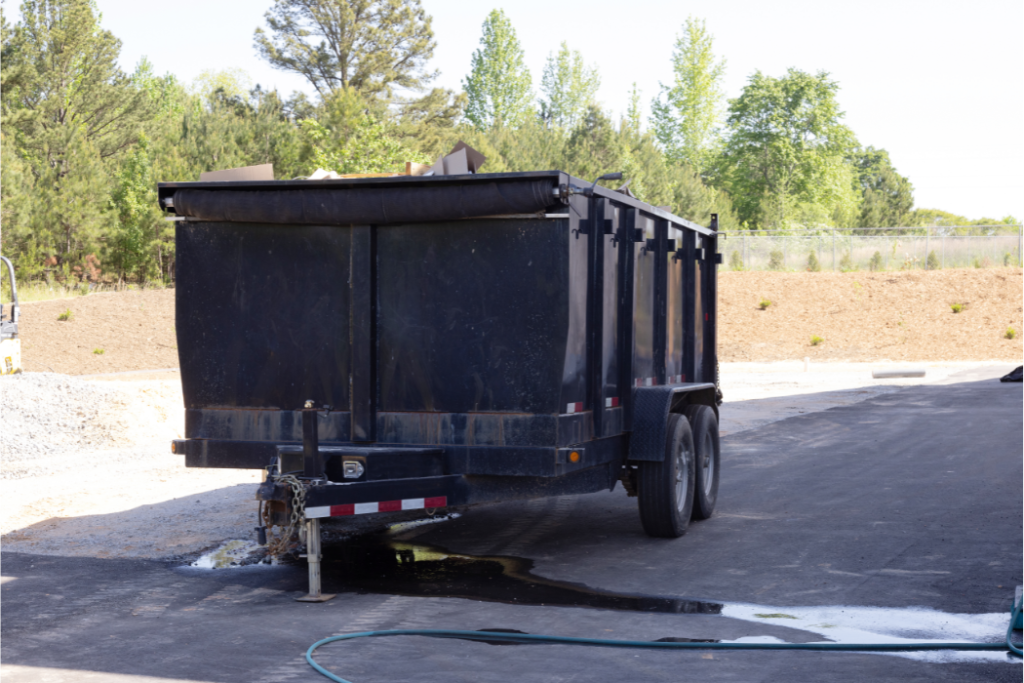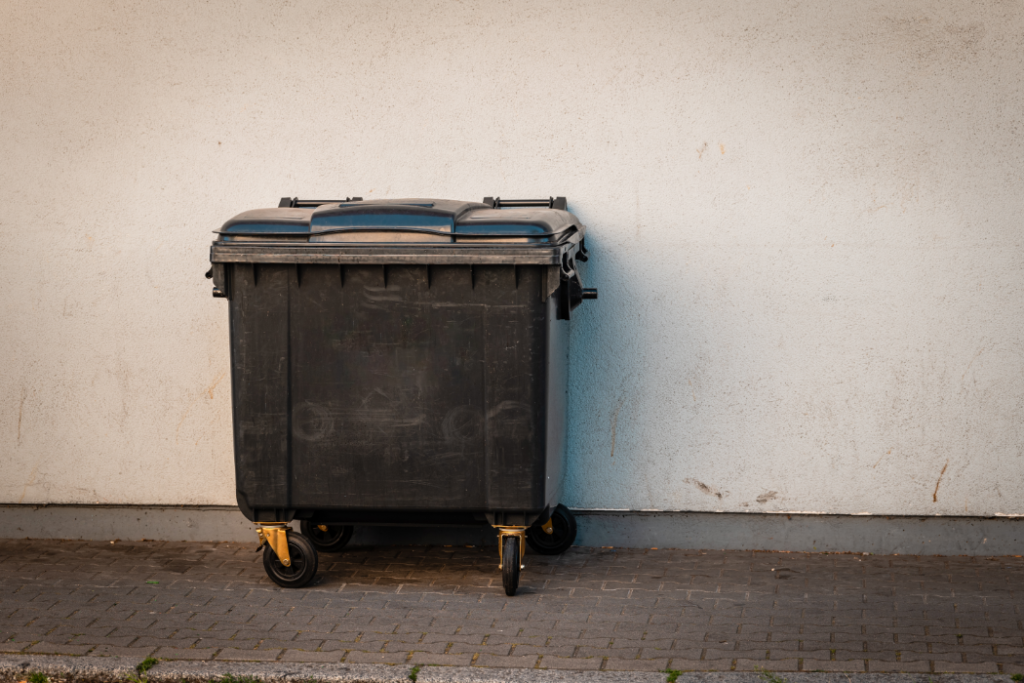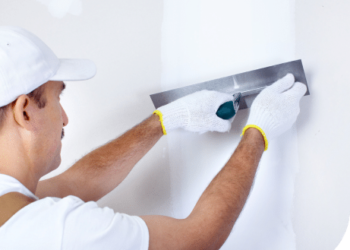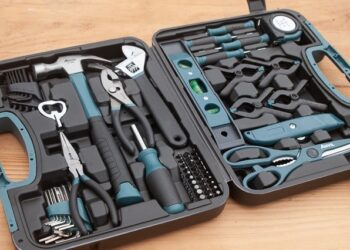Conquering a major clean-up project can feel overwhelming. Whether you’re tackling a house renovation, a massive yard overhaul, or simply a long-overdue decluttering mission, the prospect of managing all that waste can be daunting. But fear not, the humble dumpster rental is here to be your clean-up companion!
This blog dives deep into the world of dumpster rentals, equipping you with all the knowledge you need to make informed decisions and streamline your next waste disposal project.
What is a dumpster rental?
A dumpster rental service offers a convenient solution by providing a roll-off container for disposing of substantial amounts of waste or debris. These rentals are frequently utilized in construction, renovation, and demolition projects, as well as for extensive cleanups or events. The size of the dumpster you choose depends on your waste disposal needs, and rental durations vary from a few days to several weeks. The service includes delivering the dumpster to your location and picking it up once it’s filled at the end of your project.

Why Rent a Dumpster?
There are numerous advantages to renting a dumpster over traditional waste disposal methods. Here are some key benefits:
Convenience
When it comes to convenience, dumpster rentals are champions. Imagine the ease of tossing your debris into a central location throughout your project, eliminating the constant back-and-forth trips to the dump. No more struggling to cram overflowing trash bags into your car or wrestling with bulky items. The dumpster becomes an extension of your workspace, allowing you to maintain a clean and organized area while maximizing your productivity. This translates to less time wasted on waste disposal and more time dedicated to making progress on your project.
Efficiency
Efficiency is the magic ingredient that transforms a chaotic clean-up project into a well-oiled waste disposal machine. By renting a dumpster, you eliminate the constant back-and-forth to disposal sites, keeping your workflow uninterrupted. This translates to time saved, energy preserved, and a project that progresses smoothly, allowing you to reach that clean-up finish line faster.
Reduced Risk of Injury
When it comes to preventing injury, especially during physically demanding tasks, dumpster rentals offer a significant advantage. By eliminating the need for constant trips to dispose of debris, you minimize fatigue and reduce the risk of muscle strain or back injuries that can occur from repeatedly lifting and carrying heavy trash. This allows you to focus on your project with improved safety and endurance.
Environmentally Friendly Disposal
When choosing a dumpster rental company, inquire about their waste disposal practices. Look for companies that prioritize responsible waste management. This could include sorting recyclables from general waste or partnering with facilities that process construction debris for reuse. By opting for a company with eco-conscious practices, you can contribute to minimizing your project’s environmental footprint and ensure your waste gets diverted from landfills whenever possible.
Choosing the Right Dumpster Size
Picking the perfect dumpster size is crucial. Here’s how to avoid underestimating or overspending:
Project Scope
Consider the project you’re undertaking. A small bathroom renovation will require a much smaller dumpster compared to a complete roof replacement.
Waste Material
The type of waste you’ll be discarding matters. Yard waste like branches and leaves takes up more space than heavier debris like concrete or bricks.
Rental Company Guidelines
Some companies have weight limitations for their dumpsters. Ensure the chosen size can accommodate the weight of your expected waste.
Here’s a general guide to common dumpster sizes:
10 Yard: Perfect for small clean-up projects, like decluttering a garage or yard waste removal.
15 Yard: A good choice for bathroom renovations, minor roof repairs, or large furniture disposal.
20 Yard: Ideal for bigger projects like kitchen renovations, deck removal, or major landscaping work.
30 Yard (and above): Large construction or demolition projects typically require dumpsters of this size.
When in doubt, consult with a dumpster rental company representative. They can guide you toward the most suitable size based on your project details.
Types of Dumpsters
Dumpsters come in various configurations to handle different waste materials:
Roll-off Dumpsters
The workhorses of the dumpster rental world, roll-off dumpsters are the most familiar sight on residential streets and construction zones alike. They come in a variety of sizes to suit your project’s needs, and their open-top design and swinging door allow for easy loading of all sorts of debris. Delivered and picked up by special trucks that literally “roll them off,” these versatile containers keep your workspace organized and make waste disposal a breeze.
Construction Dumpsters
Construction projects generate a unique set of waste materials. For heavy-duty debris like concrete, bricks, asphalt, and roofing shingles, standard dumpsters won’t suffice. This is where construction dumpsters come in. Constructed from extra-sturdy materials to handle the weight and potential impact of these materials, construction dumpsters ensure safe and efficient disposal throughout your renovation or demolition project.
Household Waste Dumpsters
Household waste dumpsters are a convenient option for smaller clean-up projects around the house. They come in more manageable sizes, often around 10-15 yards, making them perfect for decluttering a basement, cleaning out a garage, or tackling a big spring cleaning. These dumpsters typically feature user-friendly designs with swinging doors for easy tossing of your household trash, furniture, and yard waste. Just ensure you check with the rental company about any specific restrictions on accepted materials.
Permits and Regulations
Local regulations regarding dumpster placement might exist. Here’s what to consider:
Permits: In some areas, you may need a permit to place a dumpster on public property like a street or sidewalk.
Placement: Check with your local municipality for any restrictions on where you can position the dumpster on your property. For instance, there may be minimum distance requirements from your house or property line.
Contact your local authority or dumpster rental company to inquire about any specific permits or regulations that might apply to your project.

Cost Considerations
Dumpster rental pricing varies depending on several factors:
Dumpster Size: Larger dumpsters naturally cost more to rent.
Rental Period: The longer you need the dumpster, the higher the rental fee.
Delivery and Pick-up: The distance to your location and any additional services like after-hours delivery might influence the cost.
Weight Limits: Exceeding the weight limit may result in additional charges.
Be sure to get a comprehensive quote from the dumpster rental company that includes all potential fees to avoid any surprises.
Filling Up Your Dumpster: Do’s and Don’ts
Here are some guidelines for responsible dumpster usage:
Do: Dispose of acceptable waste materials as outlined by the rental company. This typically includes household waste, construction debris, yard waste, and furniture.
Don’t: Put hazardous materials like paint, batteries, or chemicals in the dumpster. These require special disposal procedures.
Do: Break down large items
Conclusion
Renting a dumpster can be a game-changer for tackling big waste disposal projects. By following the tips in this blog, you’ll be well-equipped to choose the right size dumpster, navigate any local regulations, and ensure responsible disposal of your waste.
Remember, a little planning goes a long way. By considering your project scope, waste materials, and budget beforehand, you can streamline your clean-up process and focus on the satisfaction of a job well done. So, don’t let waste disposal hold you back! Embrace the power of the dumpster rental and embark on your next project with confidence.







